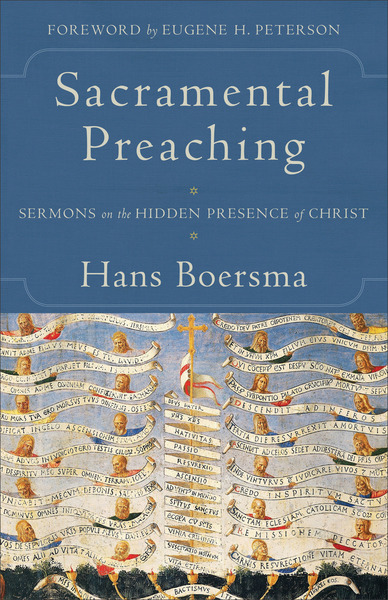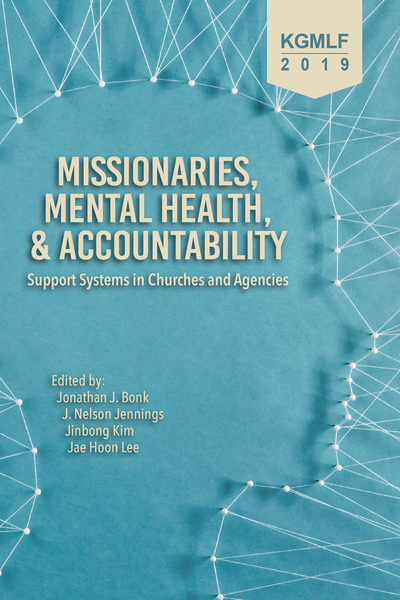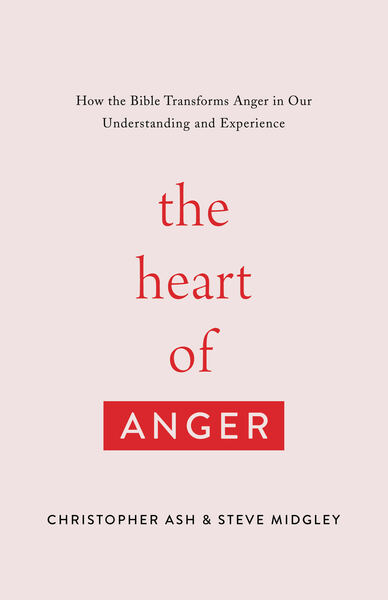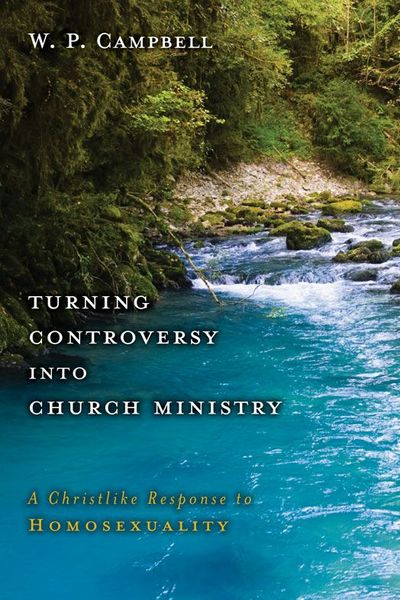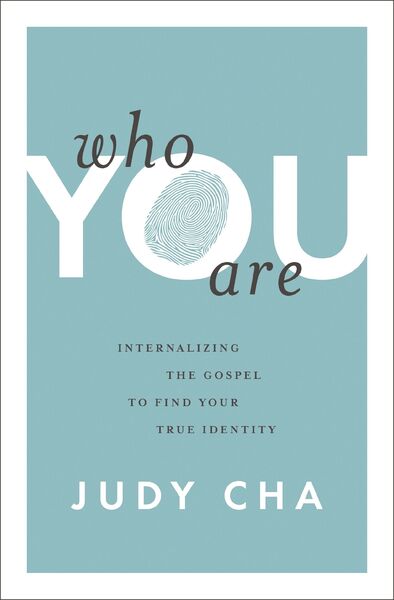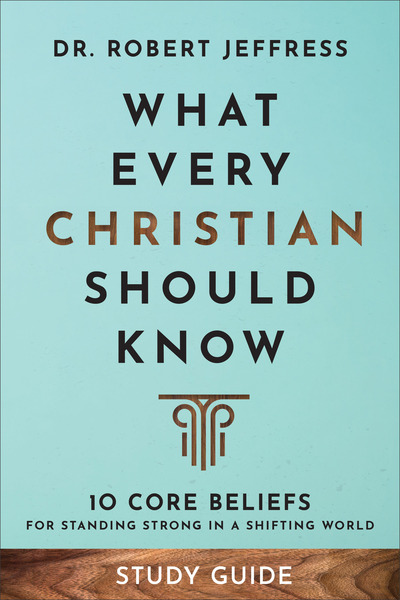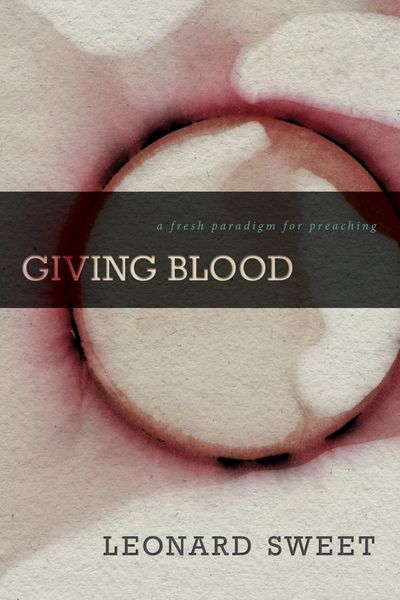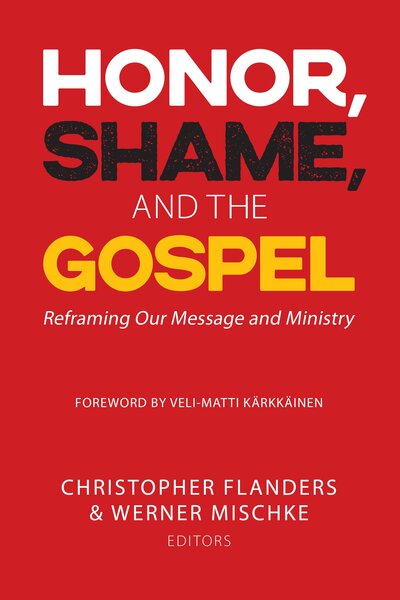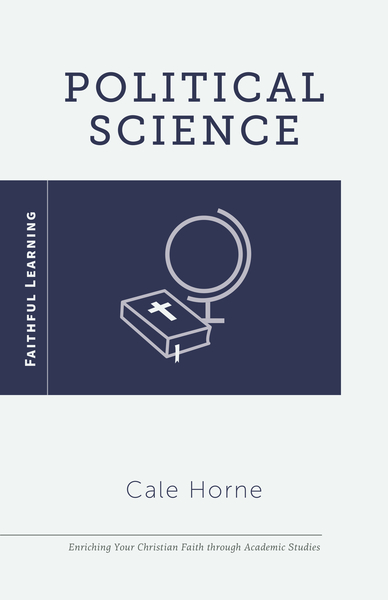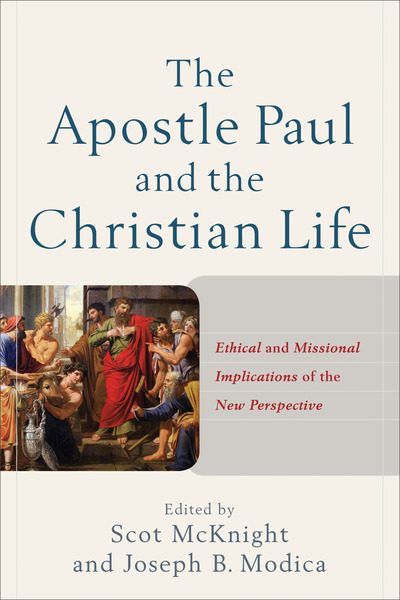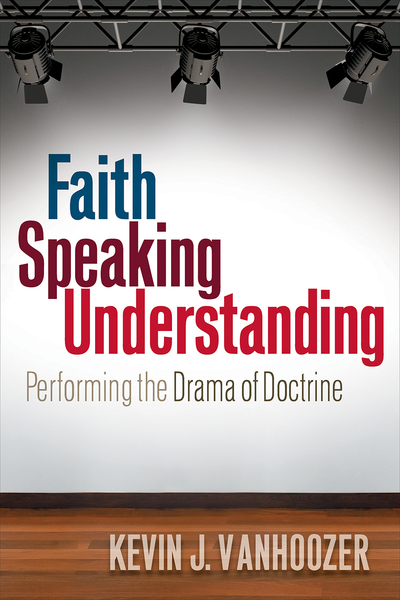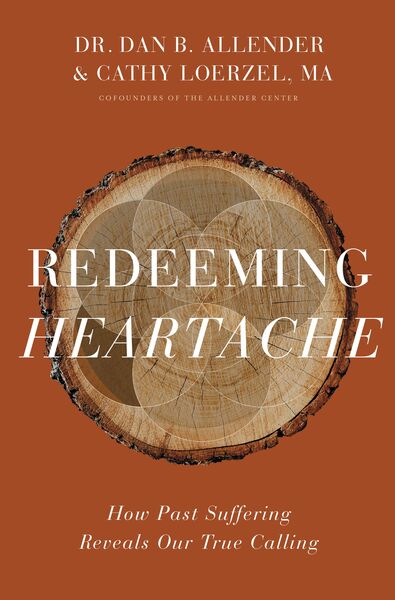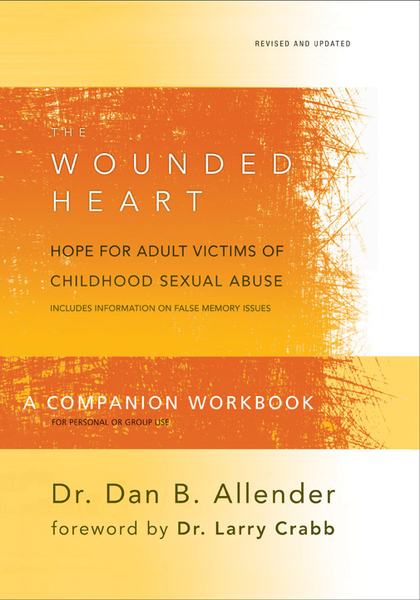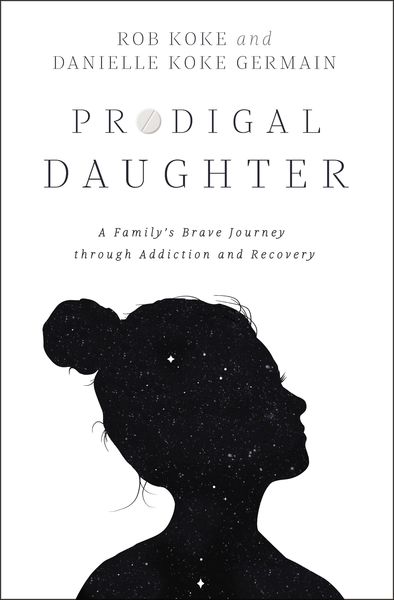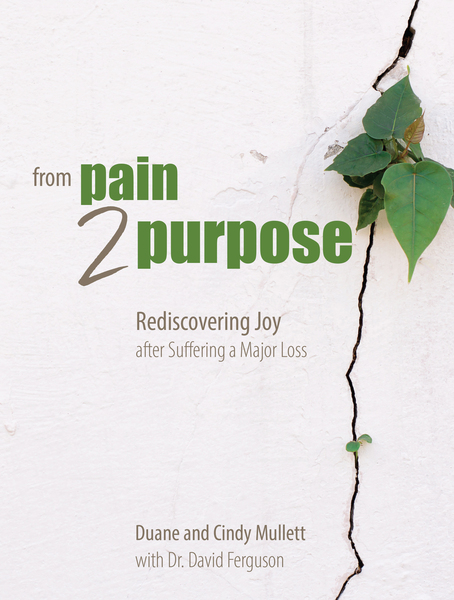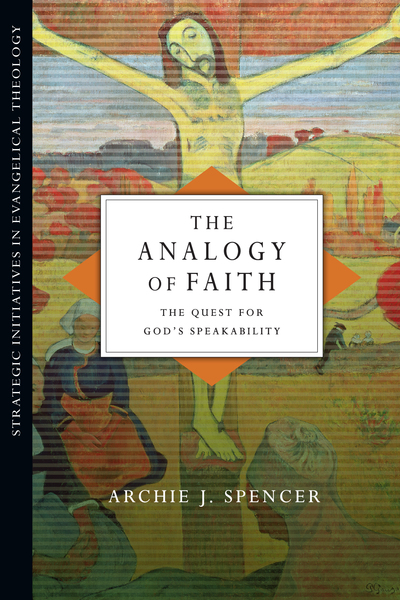

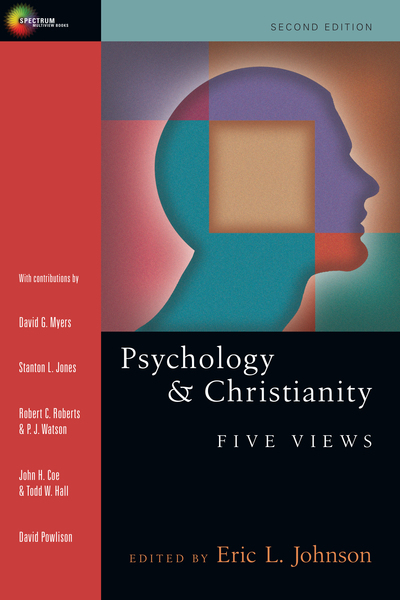
Psychology and Christianity: Five Views

Psychology and Christianity: Five Views
How should Christians understand and undertake the discipline of psychology?
This question has been of keen interest—and sometimes concern—to Christians because of the importance we place on a correct understanding of human nature. Psychology can sometimes seem disconnected from, if not antithetical to, Christian perspectives on life. How are we to understand our Christian beliefs about personhood in relation to secular psychological beliefs?
This revised edition of Psychology and Christianity presents five models for understanding the relationship between psychology and Christianity. All the essays and responses have been reworked and updated with some new contributors including the addition of a new perspective.
The five views presented in this book are:
- A Levels-of-Explanation View from David G. Myers
- An Integration View from Stanton L. Jones
- A Christian Psychology View from Robert C. Roberts and Paul J. Watson
- A Transformational Psychology View from John H. Coe and Todd W. Hall
- A Biblical Counseling View from David Powlison
Each of the contributors responds to the other essayists, noting points of agreement as well as problems they see. Eric L. Johnson provides a revised introduction that describes the history of Christians and psychology, as well as a conclusion that considers what might unite the five views and how a reader might evaluate the relative strengths and weaknesses of each view.
This book is a standard introductory textbook for students and professors of Christian psychology. With Psychology and Christianity, gain a fuller understanding of how to participate in and understand psychology as a Christian.
About the Series
Spectrum Multiview Books offer a range of viewpoints on contested topics within Christianity, giving contributors the opportunity to present their position and respond to others in this dynamic publishing format.
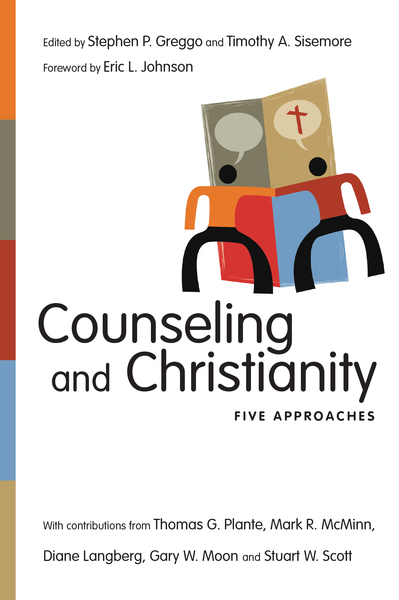
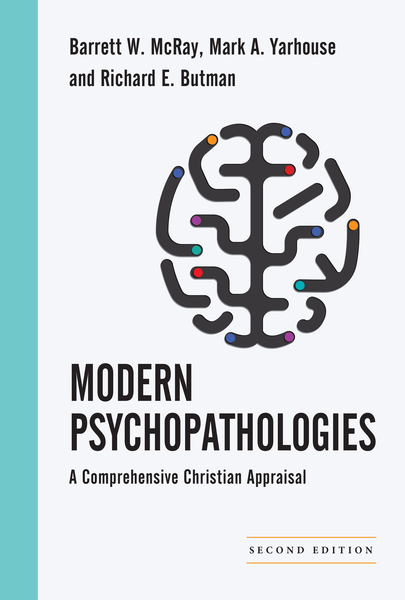

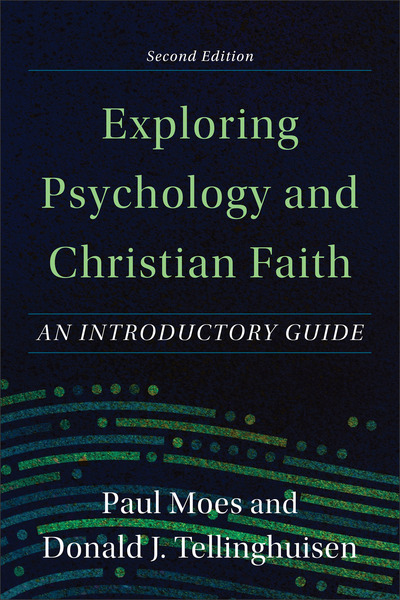
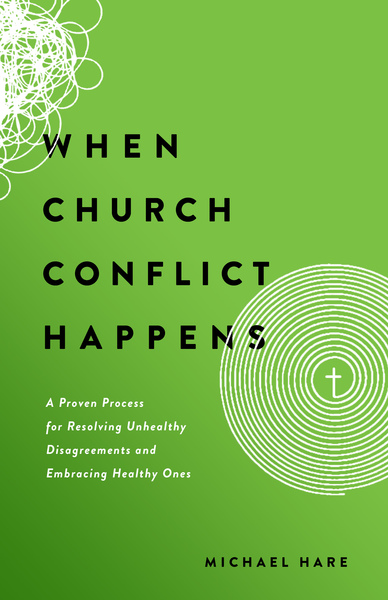
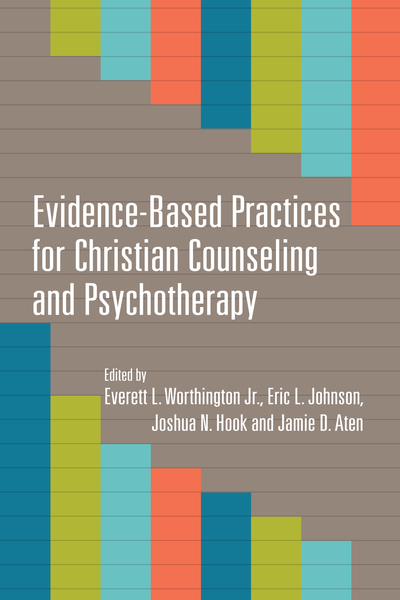


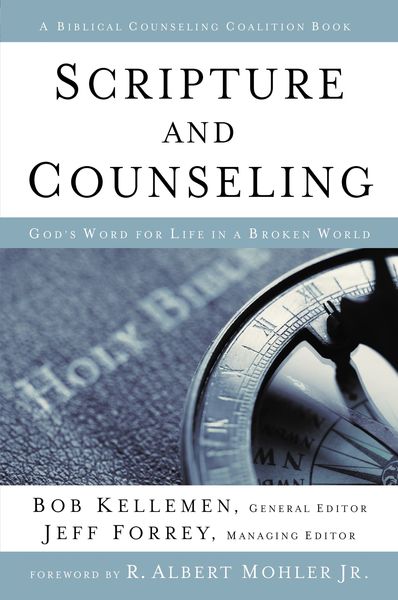
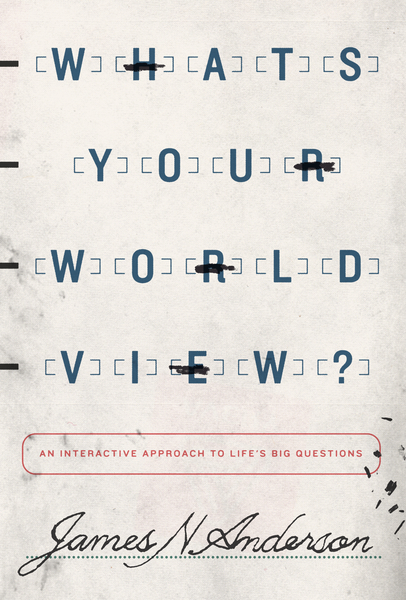



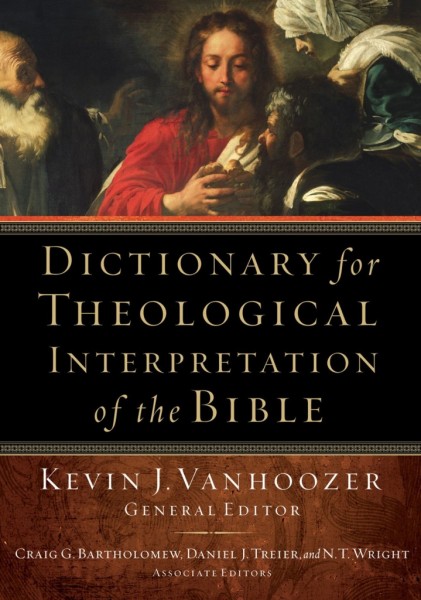
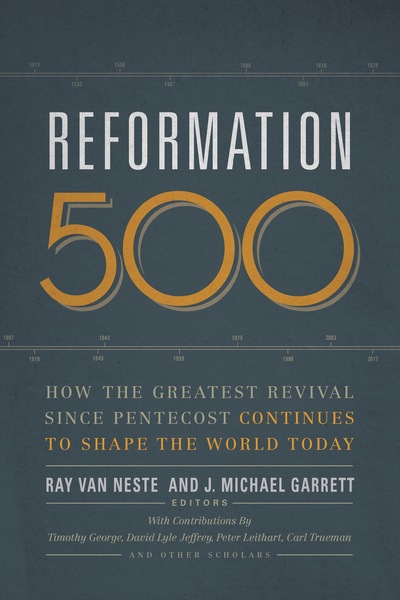
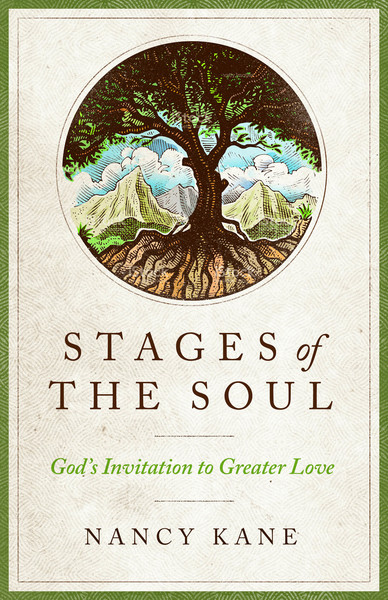


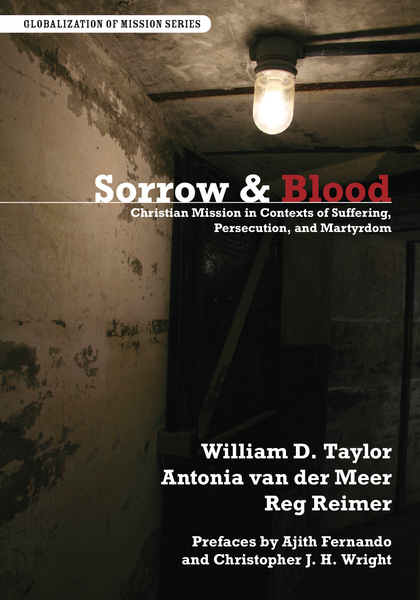
![Community Arts for God's Purposes [Russian] Совместное создание народного творчества: Краткое руководство, помогающее сообществам создавать художественны](https://www.olivetree.com/store/images40/82681.jpg)
